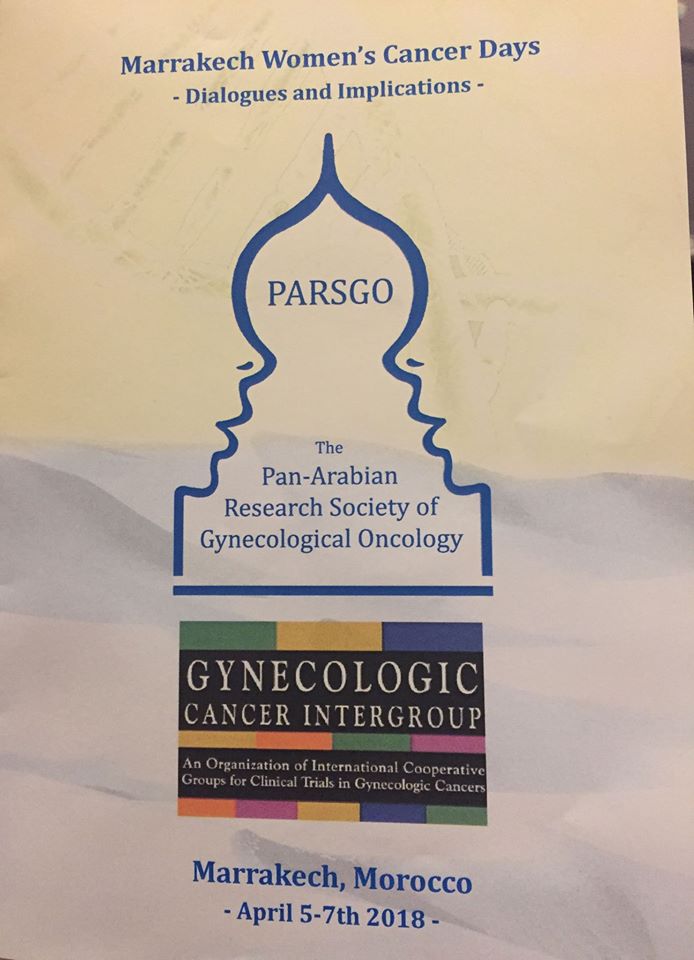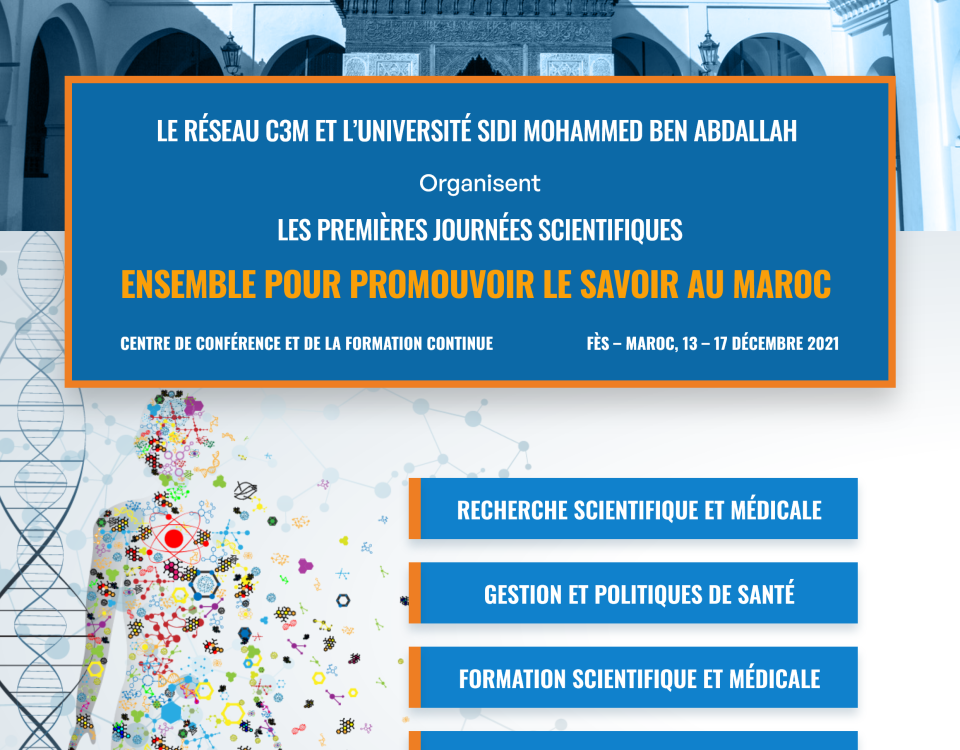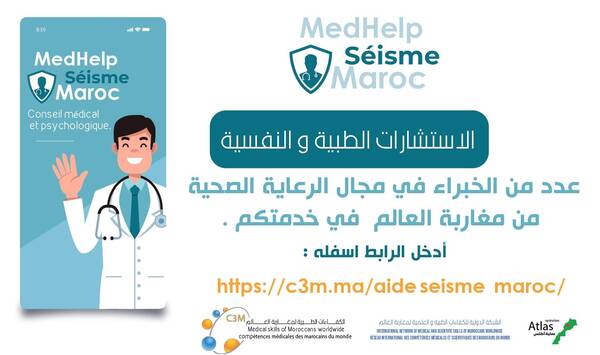
PARSGO International Congress on Cancer. Marrakech 2018
25 mai 2018
la Phœniciculture en milieu oasien Colloque International Figuig 01 – 03 Novembre 2019
13 avril 2020DÉPISTAGE NÉONATAL
Première Conférence Panafricaine
Rabat, Morocco 12-14 juin 2019
Professeur Hassan GHAZAL, C3M
Newborn Screening in Africa
WORKSHOP DESCRIPTION
The goal of newborn screening (NBS) is the early identification, diagnosis and treatment of disease to improve health outcomes for affected infants. Early identification of these genetic/metabolic/infectious conditions is particularly crucial, since timely intervention can lead to a significant reduced morbidity, mortality, and associated disabilities in affected infants. However, NBS without follow-up, intervention and lifelong management is not cost effective. Once these conditions are diagnosed, infants should be followed by care specialists throughout their life spans, and a large clinical history of observations and measurements is created for each individual. In Africa as in all MENA countries, congenital disorders remain a major concern in pediatric morbidity, mostly in relation with high levels of consanguinity.
Various levels of NBS programs do exist such as congenital hypothyroidism and phenylketonuria.
NBS programs are often run by national governing bodies with the ideal objective of screening all infants born on the considered entity. This workshop will primarily focus on specific topics of Africa where the population is characterized by large family size and a high level of inbreeding. Genetic disorders are common and account for a substantial proportion of physical and mental handicap. This local conference on NBS will provide an opportunity for participants to discuss recent advances in research and technology that have led to the development of more effective detection and treatment of genetic disorders in infants. Participants at this meeting, mainly drawn from the nation but also from the region, will have an opportunity to share ideas and mechanisms on how to develop a national NBS system, experiences with issues around the expansion of existing programs including the development of quality assurance/quality control, training and the management of screenable conditions of interest.
Establishing sustainable NBS programs in Africa poses major challenges as it competes with other health priorities such as infectious disease and malnutrition. Despite this, it is imperative that Africa recognizes the importance of NBS based on experiences of both developed and developing countries in saving large number of babies from mental retardation and other complications. Some of the critical factors necessary for a successful national NBS program are its inclusion among government priorities, suitable and sustainable funding, large public acceptance, health practitioners cooperation, and government promotion and coordination for institutionalizing the NBS system. Therefore, this workshop will present a review of NBS in Mena, African, European countries as well as USA and will discuss enabling factors leading to successful NBS program implementation, and identifies obstacles that do not facilitate the program implementation in Africa.
The workshops will also feature sessions on short-term and long-term Follow-up. Other sessions include various topics such as global perspectives and emerging laboratory technologies. The meeting will also consider the financial, social, ethical and legal issues related to NBS research and practice and aims to make recommendations to the relevant National Health Committees and other stakeholders based on these issues.
Besides, capture, coding and communication of NBS information represent a challenge for public health laboratories, health departments, hospitals, and ambulatory care practices. An increasing number of conditions targeted for screening and the complexity of interpretation contribute to a growing need for integrated information-management strategies. One session in this workshop will be dedicated to NBS Translational Research and Health Information Technology that seeks to improve the health outcomes of newborns with genetic or congenital disorders through an informatics infrastructure that provides the research community access to robust NBS resources. A special session on NBS and genomics will explore elements of a translational research agenda that would lead to the application of new genomics concepts to NBS and child health. This illustrates the importance of a system approach for NBS in general. This workshop content is also intended to encourage medical practitioners, as well as parents and community members to be involved in NBS policy development.



